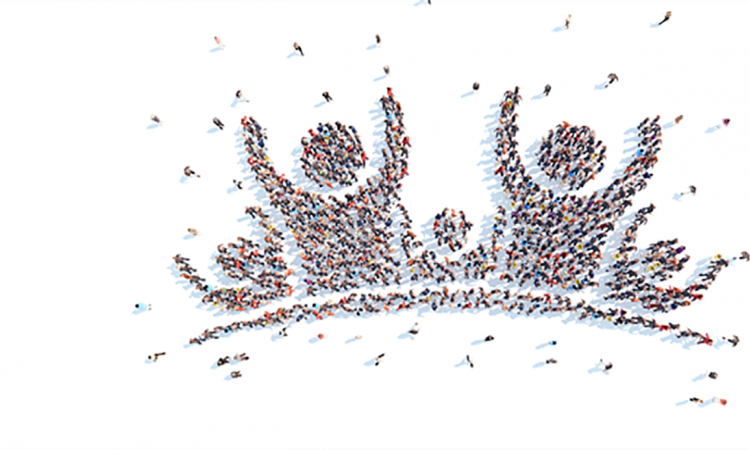Since 2015, the #30days30waysUK campaign aims to inspire and empower people to be ready and better prepared for a wide range of risks and their consequences such as flooding, fire, power cuts etc.
Throughout September, a daily preparedness theme is shared on social media through the hashtag #30days30waysUK linking to information and trusted resources by Local Resilience Forums and partners such as the emergency services, local authorities, health, utilities, the voluntary sector and others. To follow along, people simply search for the hashtag. Alternatively, the campaign is available via email containing the main resources. The campaign takes a positive psychology approach using memes and light-hearted content in addition to a BINGO style game for people to download and cross off.
#30days30waysUK encourages residents across the UK to think about easy steps to “be prepared not scared” first by being informed through community risk registers and signing up for warnings. Second, by connecting to national and local resources and third, by inspiring personal and collective action to build capacities from the ground up for better individual and community preparedness and resilience.
Joanne Maddams and Monika Al-Mufti, co-founders of the campaign, said:
“These are unprecedented times that highlight the importance of personal and community preparedness and resilience. As we collectively continue to control the spread of COVID-19 and deal with its wide-ranging impacts other risks remain. There is a lot of excellent information and resources nationwide to help people to be better informed and prepared for all kinds of emergencies. Resilience is a culture of preparedness and there are small and easy steps everyone can take for their health and safety and that of their family, friends and neighbours.
"We are excited to once again share many inspiring preparedness messages and stories in addition to brilliant resources along with colleagues from across the UK every day during “September is Preparedness Month.
Never before has there been a more important time to communicate risk in a positive, constructive and empowering way.”
Helping
Communities
Help Themselves

